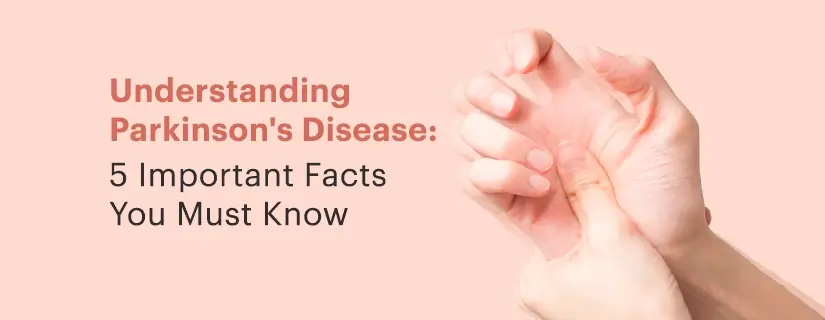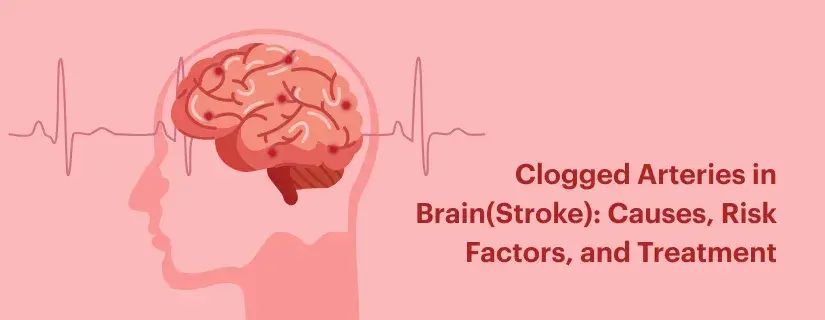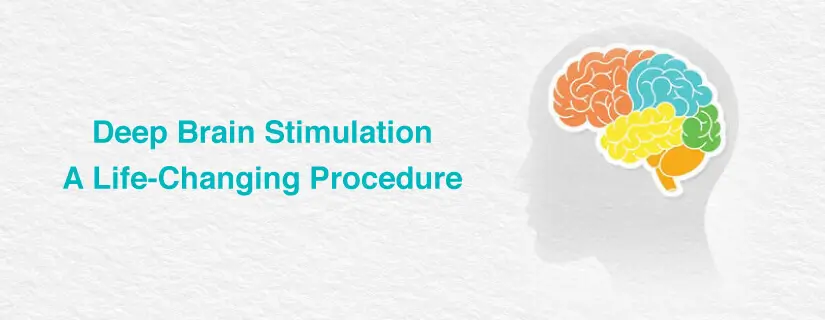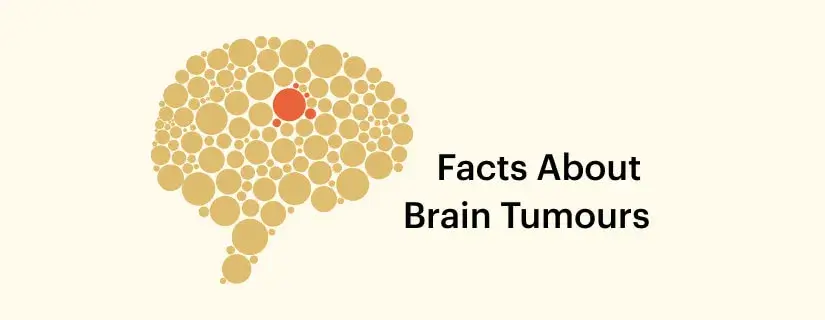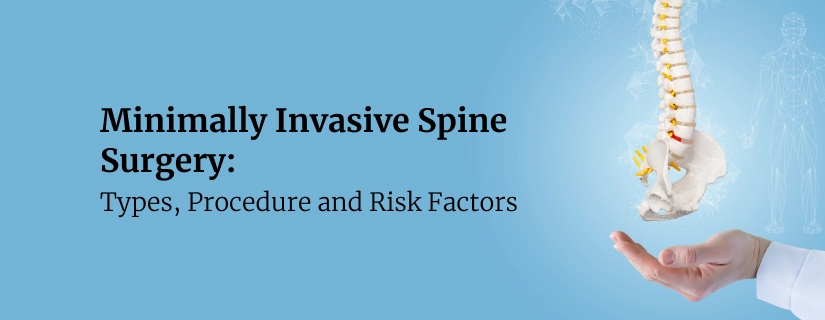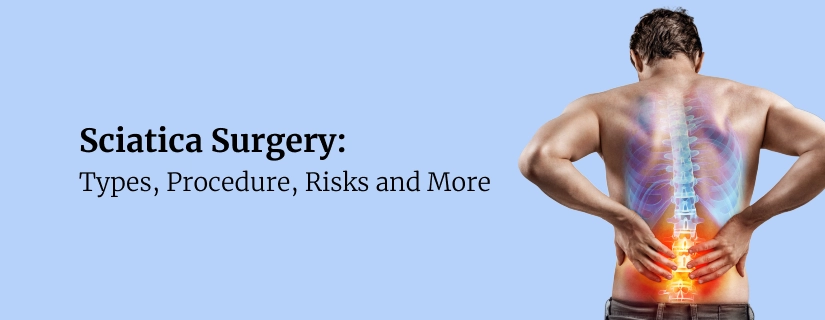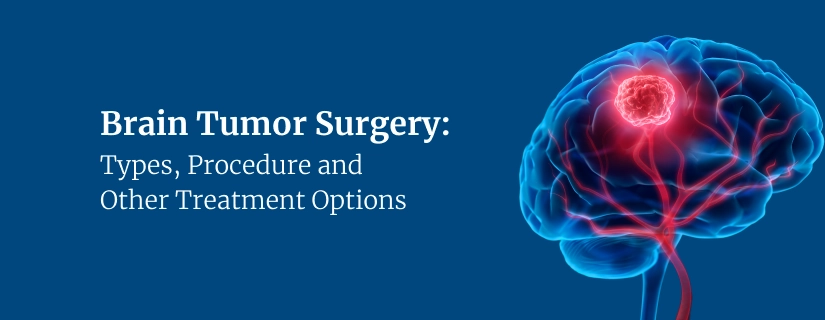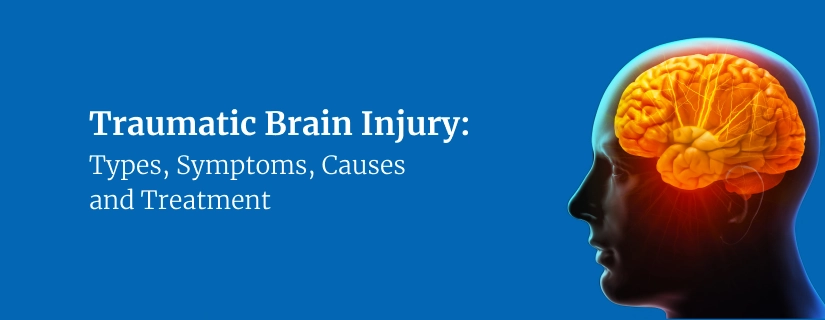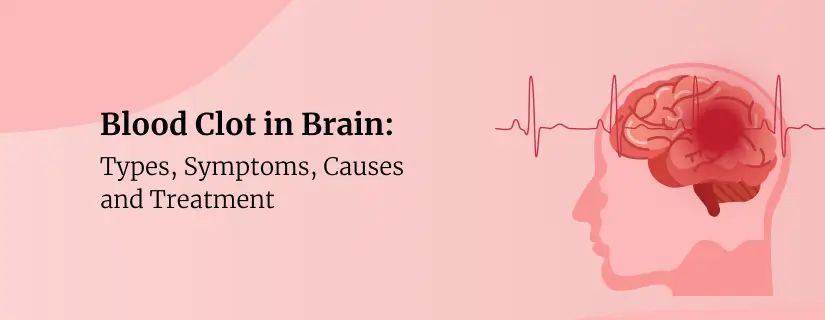-
Doctors
-
Specialities & Treatments
Centre of Excellence
Specialties
Treatments and Procedures
Hospitals & Directions HyderabadCARE Hospitals, Banjara Hills CARE Outpatient Centre, Banjara Hills CARE Hospitals, HITEC City CARE Hospitals, Nampally Gurunanak CARE Hospitals, Musheerabad CARE Hospitals Outpatient Centre, HITEC City CARE Hospitals, Malakpet
HyderabadCARE Hospitals, Banjara Hills CARE Outpatient Centre, Banjara Hills CARE Hospitals, HITEC City CARE Hospitals, Nampally Gurunanak CARE Hospitals, Musheerabad CARE Hospitals Outpatient Centre, HITEC City CARE Hospitals, Malakpet Raipur
Raipur
 Bhubaneswar
Bhubaneswar Visakhapatnam
Visakhapatnam
 Nagpur
Nagpur
 Indore
Indore
 Chh. Sambhajinagar
Chh. SambhajinagarClinics & Medical Centers
Book an AppointmentContact Us
Online Lab Reports
Book an Appointment
Consult Super-Specialist Doctors at CARE Hospitals
4 Myths about Epilepsy Busted
Updated on 31 December 2019
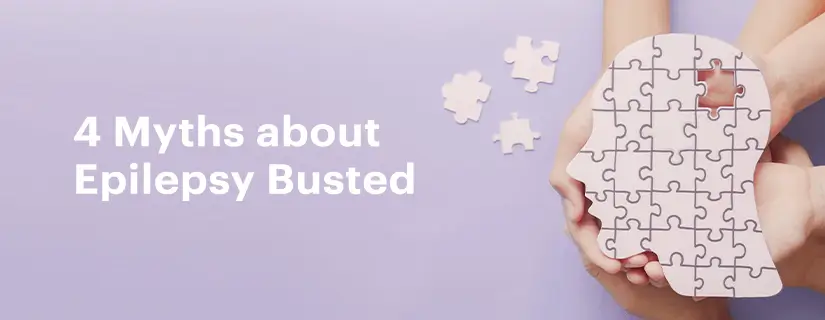
Table of Content
Epilepsy is a neurological disorder that affects the functioning of our brain. Day-to-day activities get disrupted resulting in seizures, periods of unusual behaviour, sensations, and a loss of awareness. It can develop in anyone regardless of age, gender, race or ethnicity and is one of the most common neurological disorders in the world.
The seizure symptoms span over a large scale and vary from person to person. They may include involuntary continuous twitching of arms or legs or staring blankly for a while during a seizure. Though it is important to point out that a single episode of a seizure does not mean that you have epilepsy.
Myths about Epilepsy
Studies on epilepsy have shown that there is a lack of proper communication between patients, doctors, and society in general. Doctors at CARE Hospitals, one of the best hospitals for epilepsy in Hyderabad, say that this has resulted in a lot of common misconceptions about epilepsy. To help deal with these epilepsy myths and misbeliefs, we bring you certain facts that you should be aware of.
- Myth: You convulse during an epileptic attack
Fact: A person is not always unconscious during a seizure. There are different kinds of seizures that affect every individual in a different manner. It is also not necessary that a seizure would result in the person jerking convulsively.
- Myth: Everyone suffering from epilepsy has a seizure due to flashing lights
Fact: Having a seizure due to flashing lights happens when a person suffers from photosensitive epilepsy. 3% of epileptic people suffer from this disease. It is more common in children and young people. What triggers this is a lack of sleep, alcohol and stress. It is rarely diagnosed in people above the age of 20.
- Myth: You can control a person during a convulsive seizure
Fact: It is not advisable to hold a person down during a convulsive seizure and should be avoided at all costs. It is essential to know what works in which situation so that you can act quickly and help the person in need.
- Myth: The side effects of seizures are tiredness and confusion
Fact: These are just the physical implications of a seizure. There is an internal struggle that a person goes through because of a seizure. It could result in problems with sleep or memory or impact their mental life.
There are many more such misconceptions related to epilepsy and myths about seizures that need to be cleared through education and knowledge about this disease. Spreading awareness about the condition, its effects and symptoms, and the correct ways to deal with a patient is important for helping those who have to undergo unprovoked seizures.

ENQUIRY FORM
SELECT CATEGORIES
-
Neurosciences (16)
-
Neurology (37)
-
Neurosurgery (14)
-
Orthopaedics (47)
-
Oncology (33)
-
Obstetrics and gynecology (51)
-
Pulmonology (22)
-
Urology (20)
-
Nephrology (13)
-
Psychiatry (7)
-
Dietetics and Nutrition (109)
-
General Medicine (62)
-
Cardiac Sciences (30)
-
Vascular & Endovascular Surgery and Interventional Radiology (10)
-
Gastroenterology (46)
-
Endocrinology (23)
-
Plastic Surgery (10)
-
Critical Care Medicine (5)
-
COVID-19 (16)
-
Dermatology (16)
-
Emergency Care (1)
-
Ophthalmology (4)
-
Pediatrics (14)
-
Laparoscopic and Bariatric Surgery (8)
-
ENT (15)
-
Kidney Transplant (1)
-
Liver Transplantation and Hepatobiliary Surgery (5)
-
General Surgery (3)
-
Internal Medicine (5)
-
Medicine Information
Parkinson’s Disease: Early signs to look for
Silent Stroke: Warning Signs and Treatment
YOU MAY ALSO LIKE
RECENT BLOGS
-

Implantation Bleeding Vs Periods: Know the Difference
28 February 2025
Read More
-

Bloating During Ovulation: Symptoms, Causes and Remedies
28 February 2025
Read More
-

Itching During Dengue: Causes, Treatment and Home Remedies
18 February 2025
Read More
-
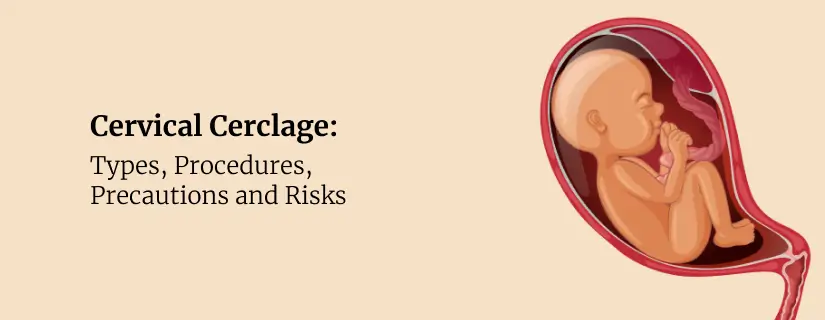
Cervical Cerclage: Types, Procedures, Precautions and Risks
18 February 2025
Read More
-

Everything to Know About Erythrocyte Sedimentation Rate (ESR)
12 February 2025
Read More
-
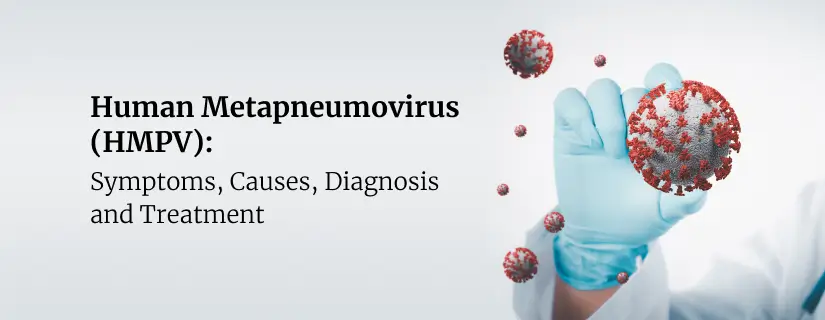
Human Metapneumovirus (HMPV): Symptoms, Causes, Diagnosis and Treatment
6 January 2025
Read More
-

How to Reduce SGPT Quickly
6 January 2025
Read More
-
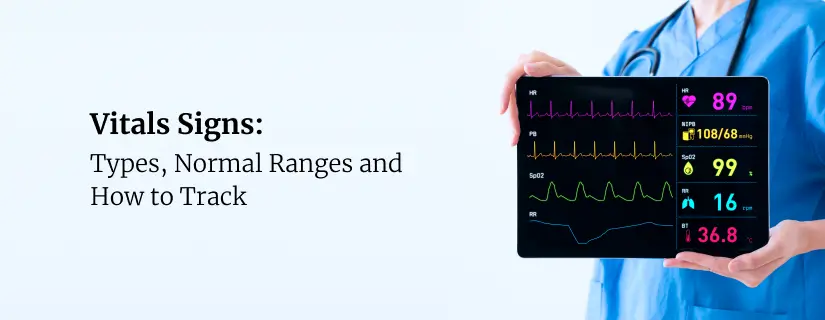
Vitals Signs: Types, Normal Ranges and How to Track
24 December 2024
Read More
Have a Question?
If you cannot find answers to your queries, please fill out the enquiry form or call the number below. We will contact you shortly.




